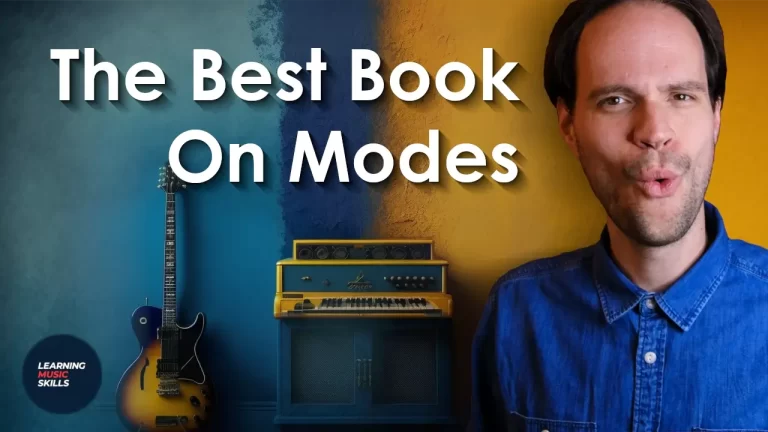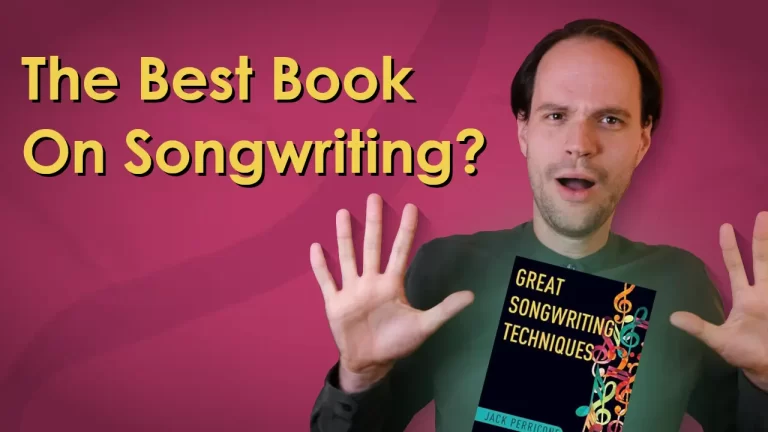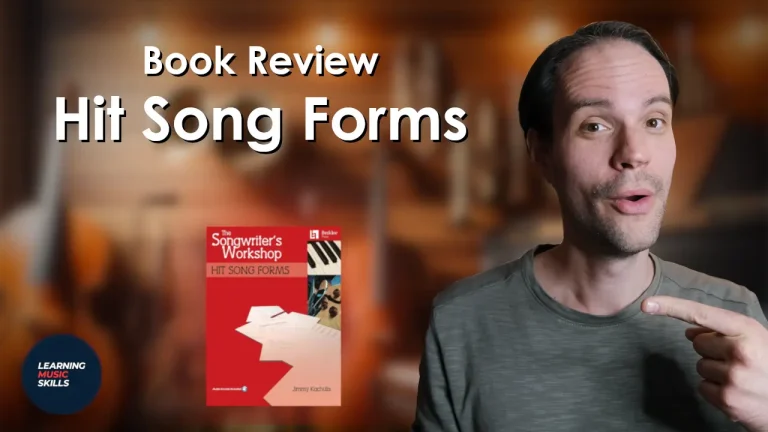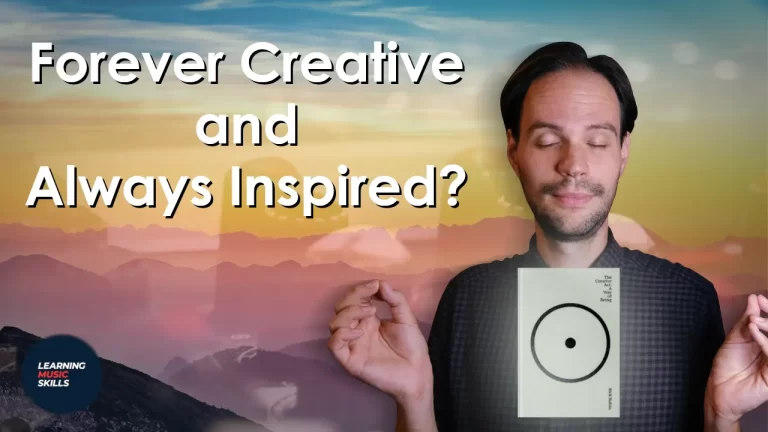Rick Ruben is a giant in the

The free tutorials and articles from Learning
I have divided the quotes into four categories to make them easier to scan, read and digest.
About the Author Rick Rubin
Rick Rubin, born on March 10, 1963, is a famous
Rick Rubin has a special way of making
One of his biggest achievements is working with Johnny Cash. He made Johnny Cash popular again with a Grammy-winning album. Rick Rubin also started his own label, American Recordings, and co-founded Columbia Records.
Rick Rubin’s impact on
The Creative Act: A Way of Being
All of the quotes below are from The Creative Act. This book will give every artist a new sense of being and inspiration. I highly recommend you read it. It’s worth your time.
Inspirational quotes from Rick Rubin for all artists
Creativity and Innovation
Yes of course you need music production gear as a musician or producer. But without creativity everything else is useless. There is no innovation or progress. Challenge what you know and what you learn.
1. Creativity is a fundamental aspect of being human. It’s our birthright.
From page 1
2. To create is to bring something into existence that wasn’t there before.
From page 1
3. There’s a time for certain ideas to arrive, and they find a way to express themselves through us.
From page 11
4. When looking for a solution to a creative problem, pay close attention to what’s happening around you.
From page 37
5. The objective is not to learn to mimic greatness, but to calibrate our internal meter for greatness.
From page 50
6. Innocence brings forth innovation.
From page 121
7. Talent is the ability to let ideas manifest themselves through you.
From page 125
8. Train yourself to see the awe behind the obvious.
From page 129
9. Ask yourself as many “what if”questions as you can.
From page 158
10. To be evaluated, ideas have to be seen, heard, tasted, or touched.
From page 159
11. Taking a wrong turn allows you to see landscapes you wouldn’t otherwise have seen.
From page 161
Art and Expression
Through art, any type of creator can express themselves. Art can make the world a better place. No matter if the form. Whether it is lyrics, music, film or visual art. I believe that everybody has an artist hiding somewhere inside of them.
1. The taste and beauty are in the eye of the beholder.
From page 6
2. As artists, we seek to restore our childlike perception: a more innocent state of wonder and appreciation not tethered to utility or survival.
From page 26
3. We’re all different and we’re all imperfect, and the imperfections are what makes each of us and our work interesting.
From page 73
4. Average is nothing to aspire to. The goal is not to fit in.
From page 98
5. Art is confrontation. It widens the audience’s reality, allowing them to glimpse life through a different window.
From page 98 + 99
6. Any rule is worth testing, be it conscious or unconscious. Challenge your assumptions and methods.
From page 103
7. In terms of priority, inspiration comes first. You come next. The audience comes last.
From page 130
8. Create an environment where you’re free to express what you’re afraid to express.
From page 141
9. The goal of art isn’t to attain perfection. The goal is to share who we are. And how we see the world.
From page 177
10. In the arts, our filter is the defining factor of the work.
From page 178
11. The best art divides the audience. If everyone likes it, you probably havn’t gone far enough.
From page 194
12. Art doesn’t get made on the clock. But it can get finished on the clock.
From page 195
13. Art is about the maker.
From page 237
14. The artist’s goal is to keep themselves pure and unattached.
From page 255
15. As artists, our mission is not to fit in or conform to popular thinking.
From page 258
16. When we’re making things we love, our mission is accomplished.
From page 314
17. We have no responsibility to anything other than the art itself. The art is the final word.
From page 321
18. Take art seriously without going about it in a serious way.
From page 354
Growth and Learning
We all want to become a better musician, songwriter or producer. Knowing what drives you is important. These quotes below will help you on your way.
1. Use what’s helpful . Let go of the rest.
From the Introduction
2. When we cultivate our awareness, we are expanding the universe. This expands the scope, not just of the material at our disposal to create from, but of the life we get to live.
From page 21
3. Try an anger-releasing exercise where you bet on a pillow for five minutes. Then immediately fill five pages with whatever comes out.
From page 63 + 64
4. We can’t force greatness to happen. All we can do is invite it in and await it actively. We’re all different and we’re all imperfect, and the imperfections are what makes each of us and our work interesting.
From page 116
5. Failure is the information you need to get where you’re going.
From page 155
6. Criticism allows us to engage with our work in a new way. We may agree or we may double down on our original instincts.
From page 193
7. Hanging on to your work is like spending years writing the same entry in a diary.
From page 196
8. Choosing to live in scarcity leads to stagnation. If we work on one project forever, we never get to make another.
From page 202
9. Your old work isn’t better than your new work. And your new work isn’t better then the old.
From page 203
10. The recognition of abundance fills us with hope that our brightest ideas still await us and our greatest work is yet to come.
From page 203
11. Measurement of greatness is subjective, like art itself. There is no hard metric.
From page 216
12. If you’re immediately turned off by an experience, it’s worth examining why. Powerful reactions often indicate deeper wells of meaning.
From page 236
13. If inspiration does not come to lead the way, we show up anyway.Living in discovery is at all times preferable to living through assumptions.
From page 291
14. Do what you can with what you have. Nothing more is needed.
From page 291
15. Sharing art is the price of making it. Exposing your vulnerability is the fee.
From page 350
16. Competition serves the ego. Cooperation supports the highest outcome.
From page 372
Discovery and Adventure
Don’t be afraid to try new things. Don’t let standards or expectations hold you back. Write music and produce tracks like nobody else!
1. The imagination has no limits. The physical world does. The work exists in both.
From page 17
2. If you are open and stay tuned to what’s happening, the answers will be revealed.
From page 267
3. Living in discovery is at all times preferable to living through assumptions.
From page 275
4. When we don’t yet know where we’re going, we don’t wait. We move forward in the dark.
From page 278
5. Sometimes the mistakes are what makes a work great. Humanity breathes in mistakes.
From page 281
6. The heart of open-mindedness is curiosity.
From page 285
7. It’s best to wait until a work is complete to discover what it is saying. Holding your work hostage to meaning is a limitation.
From page 318
8. Anything that allows the audience to access how you see the world is accurate, even if the information is wrong.
From page 383
9. However you frame yourself as an artist, the frame is too small.Sharing art is the price of making it. Exposing your vulnerability is the fee.
From page 401







